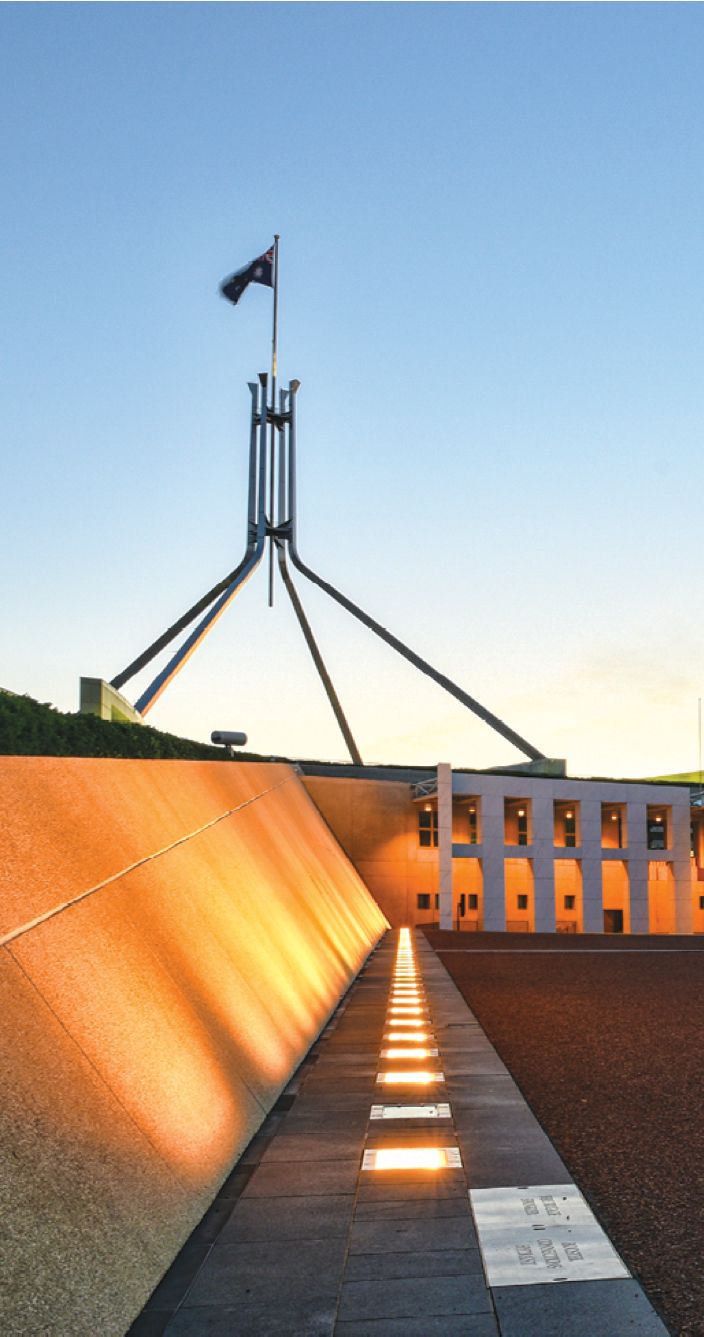
The government’s answer was to commission a quick review of the program conducted by Professor Bill Louden. The program, which is run by the Safe Schools Coalition Australia (SSCA), is aimed at raising awareness of lesbian, gay, bisexual and/or intersex (LGBTI) school students and includes a strong antibullying focus. Many government and independent schools are members of the SSCA. To date only two Catholic schools in Australia are formally members.
The result of the review is that the program will continue to be funded with some amendment, primarily that the program runs in secondary schools. Congratulations to the Victorian Minister for Education, James Merlino who did listen to schools, parents and students. He declared that the program would run in Victoria unchanged. He is confident about how the program is being implemented in Victoria, where it will become mandatory in government schools by 2019.
IE spoke to three Victorian non government school principals about their membership of the Safe Schools Coalition.
Jim Laussen is Principal of Overnewton Anglican Community College, a K-12 coeducational school with over 2000 students. Ivan Mahoney runs St Joseph’s Flexible Learning Centre, a small Edmund Rice secondary college offering an alternative environment for students who have for a variety of reasons, been unable to connect or have been rejected by mainstream schooling. Paul Tobias is Principal of St Joseph’s, a large Catholic boys’ school of over 1700 students in Geelong.
Safety and respect
For Laussen, the motivation to join the SSC was the acknowledgment a couple of years ago that Overnewton was not as safe for same-sex-attracted, intersex and gender diverse students as they wanted it to be. Some students were avoiding school; others weren’t able to participate fully.
The school’s counselling staff have used the resources to provide professional learning for teachers and teachers have used the resources to provide support for them in providing appropriate discussions in pastoral care sessions. The resources have been used mainly with senior students.
“The Safe Schools Coalition has helped us teach our students how to better navigate the differences that they see each day. For instance, we have always encouraged our children not to use gender based or racist putdowns; now we are asking them to add slurs about sexuality and gender diversity to the list,” Laussen said.
Mahony sees his school’s membership as an expression of their aim to be an inclusive educational community, embracing all young people, staff and parents irrespective of race, religion, gender, ability or sexuality. He reports that they have mainly used the program in staff development activities to increase sensitivity and awareness of working with all their students. The program provides some excellent antibullying curriculum resources. Ivan explains that they seek to work with students within their Four Principles: Participation, Safe and Legal, Honesty and most importantly Respect. He says that the Safe Schools is ultimately about safety and respect.
“We have 372 students, over 100 of us are Muslim asylum seekers, over 100 of us have involvement with Human Services and Juvenile Justice, over 30 of us live in out-of-home care. Our involvement with Safe Schools is just another way we make our Catholicism, our universality, real.”
Tobias believes that the vision of Safe Schools – that all Australian schools are safe, supportive and respectful teaching and learning communities that promote student wellbeing is congruent with his school’s vision.
“In the case of our college, we have tried to develop a school culture which is respectful and tolerant of diversity and inclusion. This has assisted us in attempting to produce well balanced, emotionally intelligent young men who are capable of intimate, healthy heterosexual relationships. At the same time, we can support LGBTI students who can suffer serious mental health issues, if they lack that support.”


































































































































